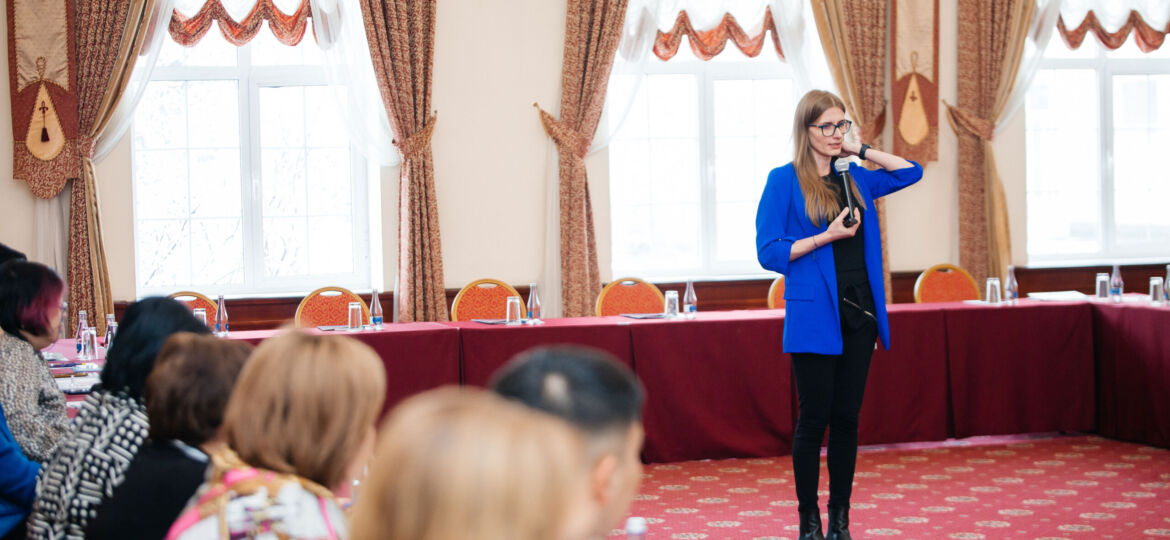
A series of round tables has been conducted in Central Asia aimed on development of the Concept of a Therapeutic Program for the treatment of people with psychoactive substance disorders and to agree on a concept of a Protocol of collaboration between prison staff and civil society regarding people who use drugs in prison.
Drug treatment in central Asia is being provided in a form of detoxification, outpatient drug free medical services, inpatient drug-free medical treatment, opioid substitution treatment, psychological support and therapy and social rehabilitation. It is primarily delivered through the narcological service, an integral part of the national medical system. One of the key problems is medicalization of the treatment and lack of psychosocial help and support as well as the offer of the services. There is a lack of post-treatment assistance for individuals using psychoactive substances to reintegrate into society. In Central Asia, OAT programmes are currently available in three of the five countries. In Kyrgyzstan, a program has been running since 2002, and in Kazakhstan a pilot program began in 2008. In Tajikistan, an OAT program was started in 2010.
“The drawing up modem treatment and harm reduction models, the development of capacities on drug therapy, rehabilitation and social reintegration and the implementation of a protocol in order to strengthen the collaboration between NGOs working on rehabilitation of drug dependent prisoners and prison staff, will contribute to the development of health care and social responses for tackling drug use. The participation of target group members/institutions is integral part of our approach” says Ernest Robello, CADAP Director.
The next task is to create a therapeutic programme draft that will be further discussed with treatment specialists, treatment providers and community members in Central Asia.


